How To Stop Impulse Buying In 5 Easy Steps
Share this content :
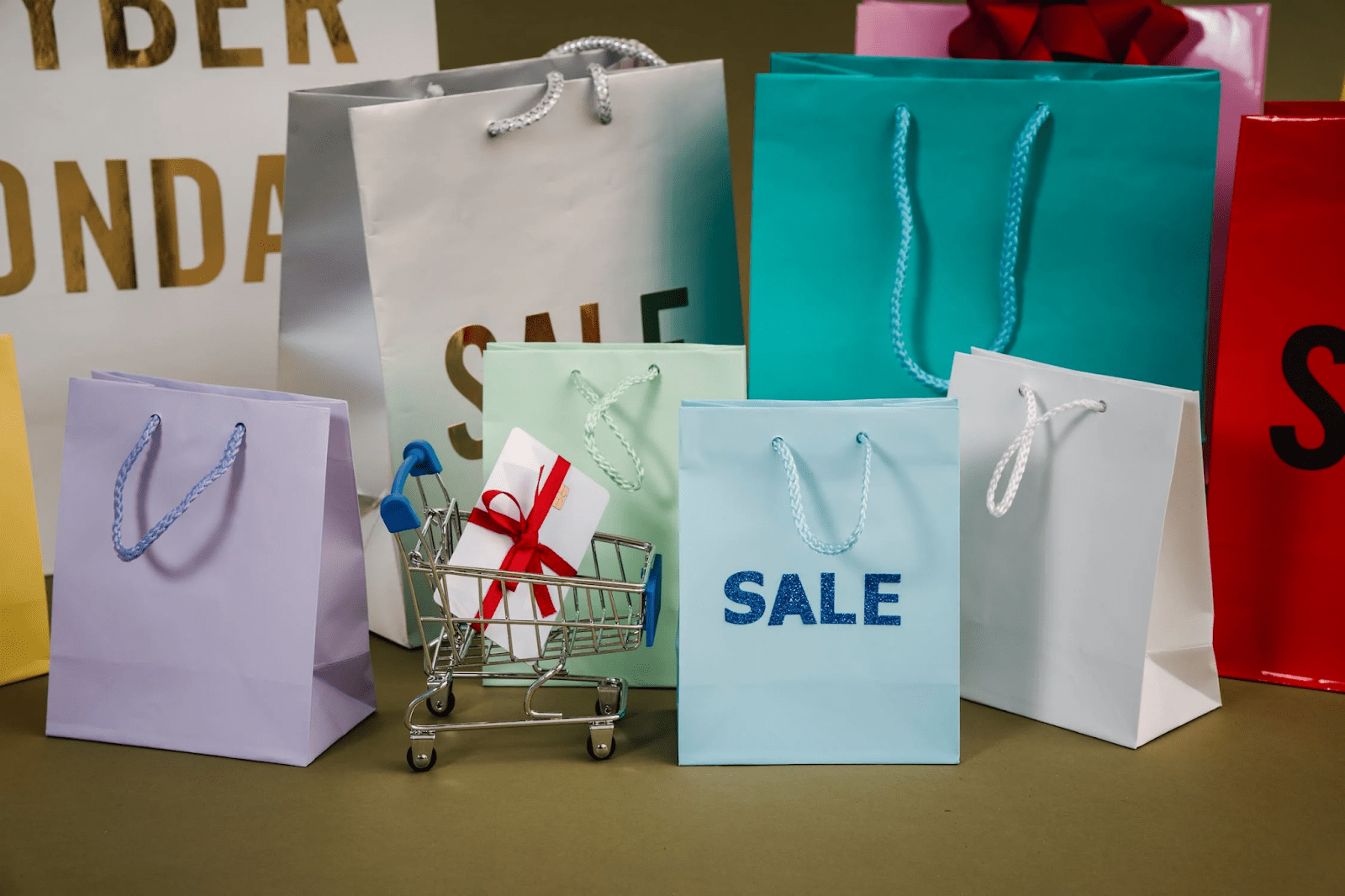
Have you ever walked into the store with five more items than intended? You are not alone. Studies show that 90% of shoppers have given in to the temptation of impulse buying in the last three months. These seemingly “harmless” purchases can build up quickly, as the average impulse shopper spends about $25 weekly. If you want to take control of your spending habits, you’ve come to the right place. Let’s learn how to stop impulse buying in five simple steps!
What is impulse buying?
Before you understand how to stop impulse buying, you must know the problem. Simply put, impulse buying is when you feel the urge to purchase something you never intended. The problem is that this can bring about unnecessary expenses and build a larger bill than you hoped.
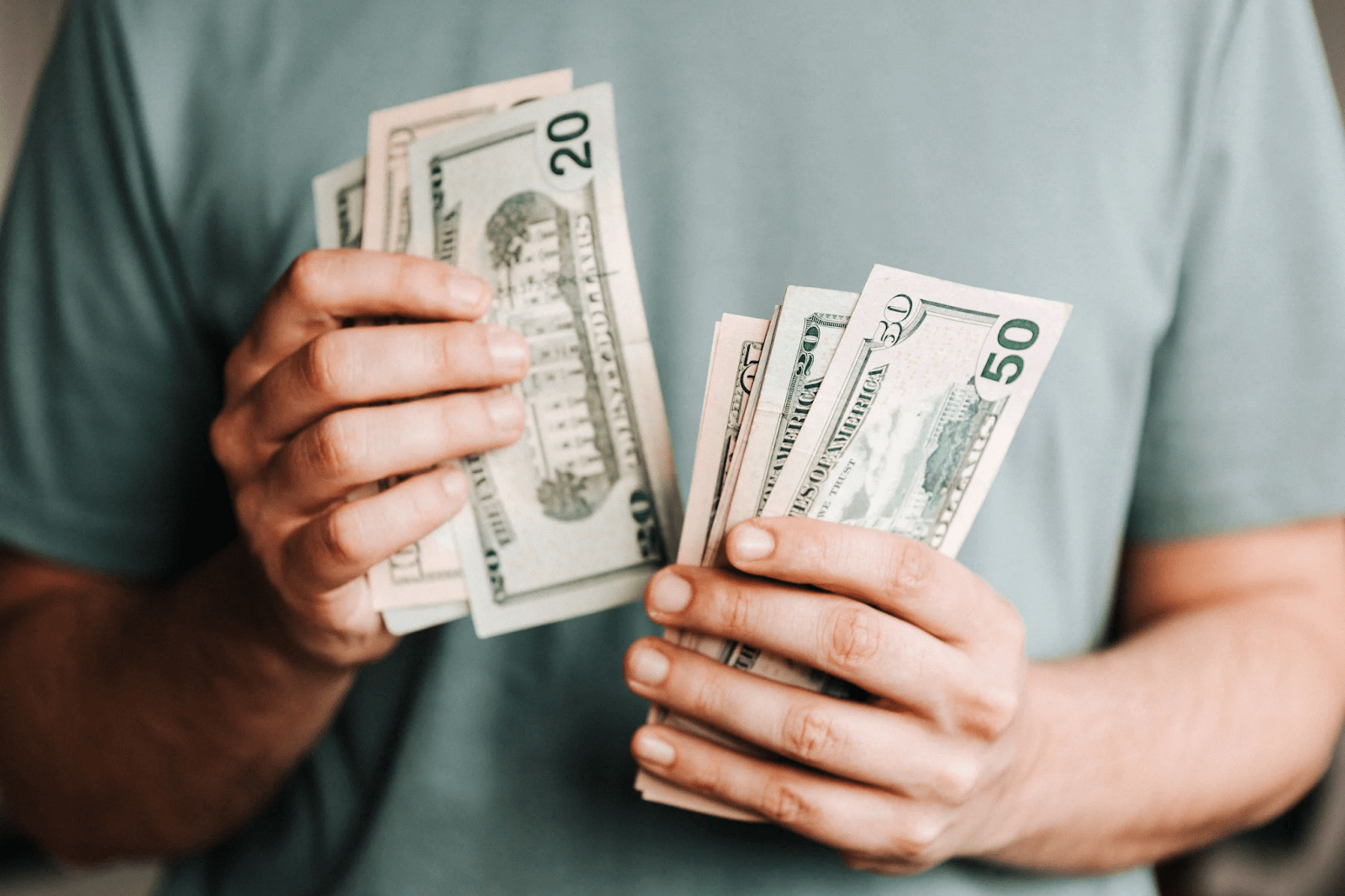
For example, a man buying weekly groceries might impulsively buy a chocolate bar. It doesn’t seem like much if a chocolate bar is $2. However, imagine doing that every week. By the end of the year, you’d have spent over $100 for these snacks! If you don’t learn how to stop impulse buying, you risk losing lots of money before realizing it.
How come people start impulse buying?
Understanding how to stop impulse buying also means knowing why it happens. Here are three reasons why people want to make an impulsive purchase.
They want to reduce stress.
Have you ever wanted to shop because you need to boost your mood? A survey about impulse buying found that 67% of respondents admitted to making purchases when stressed. Many do so to feel better or to find some satisfaction. But if you don’t know how to stop impulse buying, you’ll end up causing more problems than answers.
They focus too much on your emotions.
Those who make impulsive purchases rely on their emotions first. For them, buying things should be to be happy or to satisfy a craving. However, knowing how to stop impulse buying is the trick to feeling satisfied. Remember, there’s a difference between what you want and need. Knowing which one takes priority can make a big difference for your wallet.
They’re afraid of missing out on a trend or a good deal.
It’s hard to master how to stop impulse buying when you’re stuck keeping up with the Joneses. Many like to stay trendy or fit in, no matter the price. That’s why some people buy new iPhone models even when their old phone works fine. They’ll only waste their cash and time until they learn how to stop impulse buying.
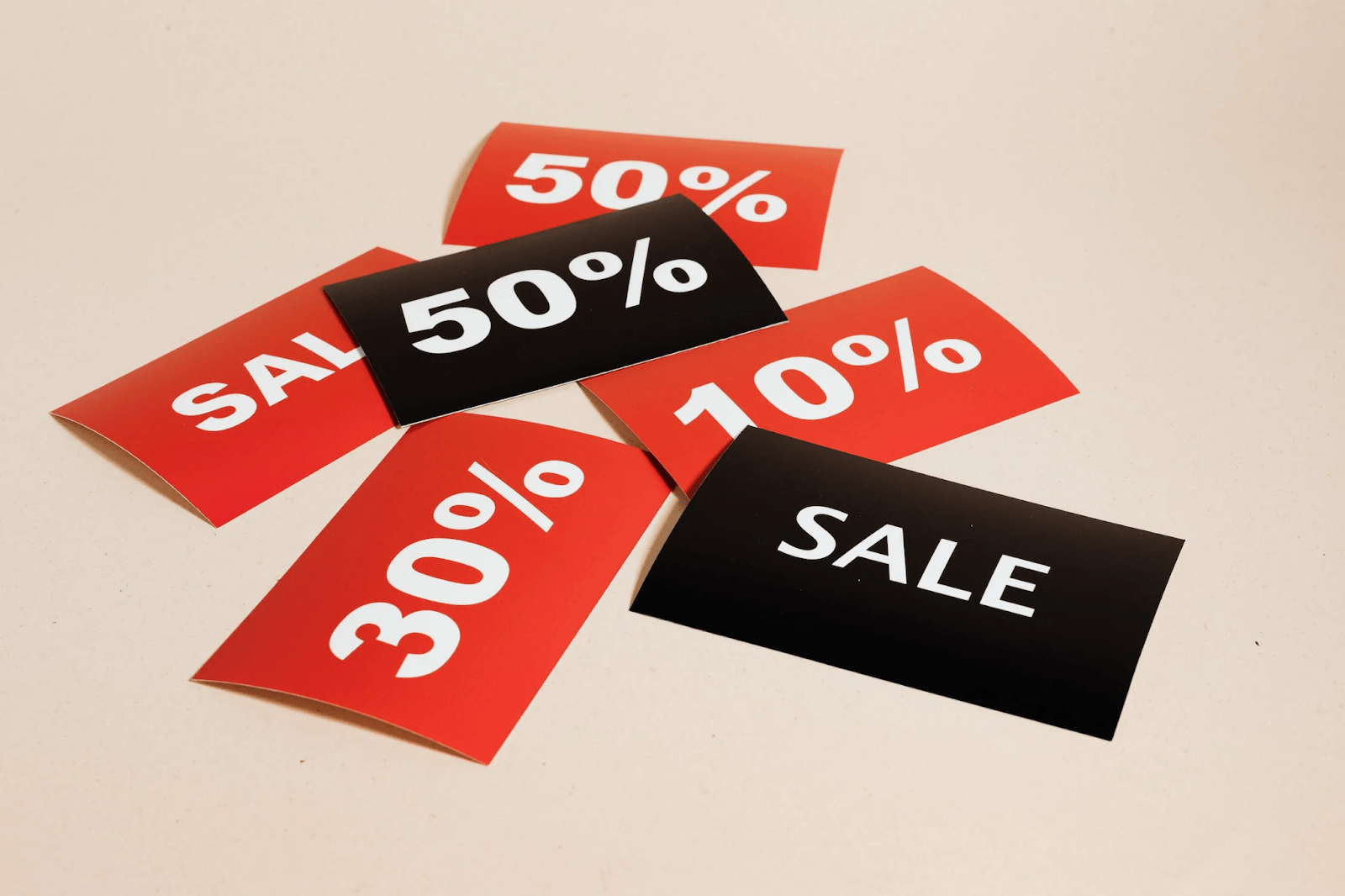
Why is impulse buying dangerous?
It’s almost time to learn how to stop impulse buying! However, you need to know precisely why you are doing so. Here are three problems you create when you get used to impulse buying!
It eats your savings and budget away.
The biggest reason that people want to know how to stop impulse buying is to save money. As mentioned before, one or two buys can seem harmless at first. However, it creates a domino effect of more prominent and expensive purchases. Soon, what seems like a $2 steal becomes a $200 vice.
It doesn’t turn into a long-term investment.
Impulse buys rarely, if ever, lead to a good result. You might think it’s worth it at the spur of the moment. However, those who know how to stop impulse buying realize that these buys do nothing. No matter how nice it looks, an impulsive purchase will never become a long-term investment.
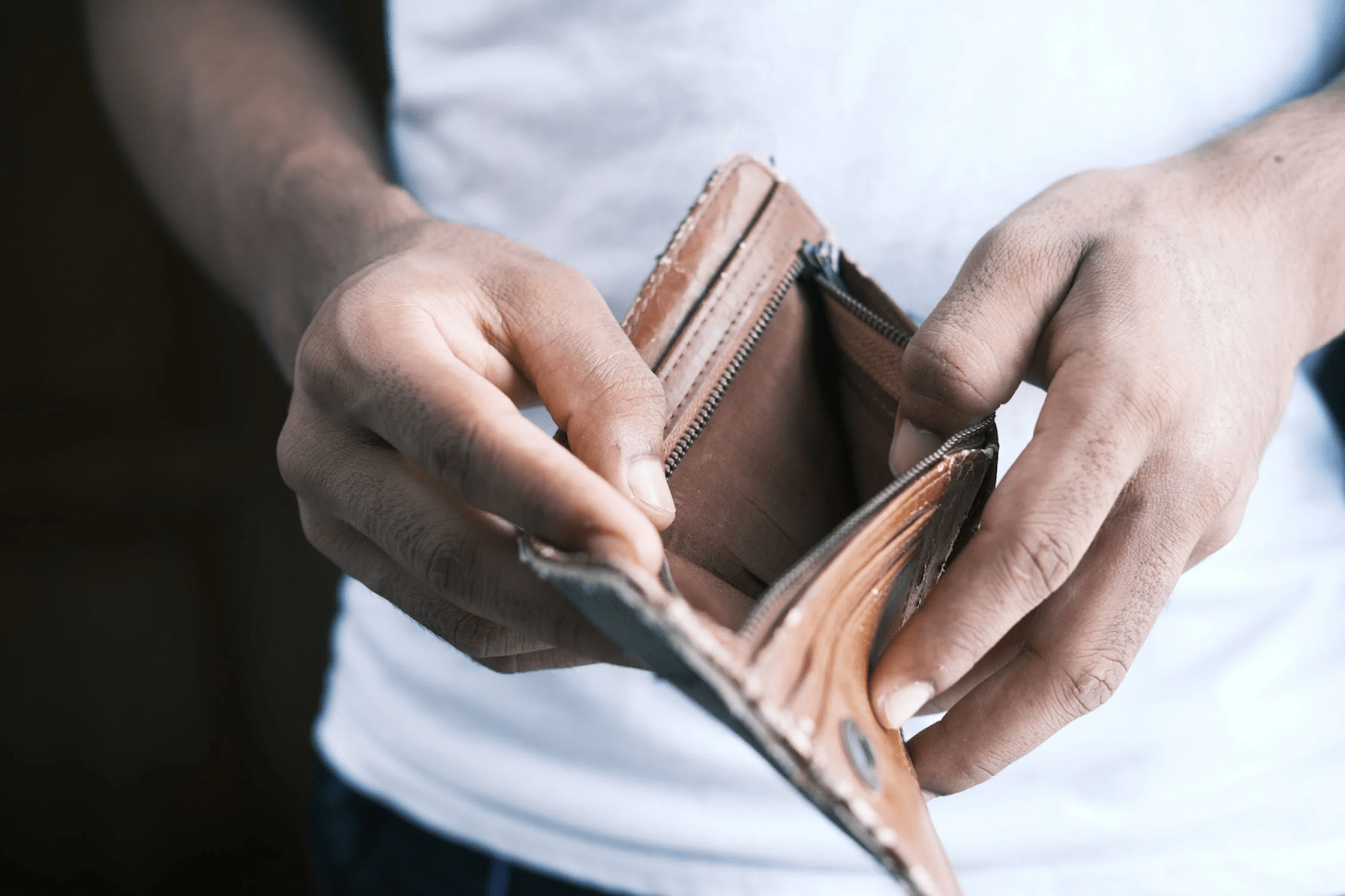
For instance, imagine you see a bargain for three rolls of tape. You might buy it because it sounds like a perfect deal. However, within a year, those rolls of tape are gathering dust in the corner. Unless you learn how to stop impulse buying, you’ll pile up unused clutter in your house and your financial history.
It hinders your self-discipline.
Lastly, people want to learn how to stop impulse buying because they want to take back control. Imagine how tough it is to spend $5 every time you see a shiny new toy. If you want to know how to stop impulse buying, remember that you control your wallet. Knowing when to spend and when to save can save you from financial heartache.
What can I do to learn how to stop impulse buying?
The last stop of the journey is here! Now that you know what impulse buying is and how it affects your finances, it’s time to strike back. Here are five powerful techniques to help you learn how to stop impulse buying!

1. Create a strict budget for all expenses.
The first step to knowing how to stop impulse buying starts with a budget. Having a budget is par for the course. According to Nerdwallet, 74% of Americans have a monthly budget. It helps them understand their estimates and plan their costs accordingly.
However, Nerdwallet also reported that 83% of Americans overspend. If you want to make an adequate budget, you have to be strict about following it. You can make some allowance for emergencies or essential expenses. Learning how to stop impulse buying means knowing when to stand your ground. Do not make any more concessions when you reach the limit.
2. Make a list and find a purpose for your purchases.
A big reason why people make impulse purchases is because they don’t have a plan. Even having a mental note isn’t enough, as you can quickly turn a three-item checklist into a cartload. If you want to learn how to stop impulse buying, you need to stick to your list.

Start by thinking about all the necessary items, then write them down. Make sure to review the items carefully and evaluate if it’s needed or not. It’s easy to understand how to stop impulse buying when focusing only on what is essential. The more you restrict your buying impulses, the better your self-discipline becomes.
3. Think twice about every purchase you make.
Did you know that over 53% of women impulse purchase because they don’t want to waste a promo or sale? What they imagine to be a good deal might only be from the poster or ad. The key to knowing how to stop impulse buying is to think about things carefully. Rather than jumping at the first sign of a sale, you should take a moment to pause and consider the outcome.
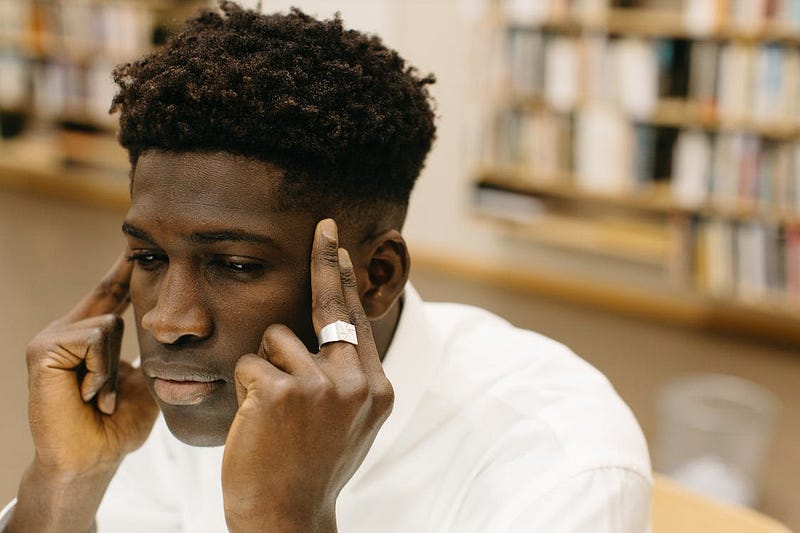
To make it much easier, take some time to walk around and reflect before you start buying. If you can, take an entire day before you come to your final decision. Studies show that 74% of online impulse buyers tend to give up when the checkout takes too long. Sometimes, it’s a blessing in disguise to take forever. It’ll give you more time to understand how to stop impulse buying!
4. Stick to cash while avoiding your credit card.
Credit cards can be a powerful asset in managing your finances. But if you don’t know how to stop impulse buying, you might open your wallet for disaster. Studies show that credit card users spend 83% more than cash users on purchases. Worse yet, one-fifth of all impulse purchases happen through cards.
You should ditch the card first to learn how to stop impulse buying. For recurring expenses, focus on bringing cash instead of your card. That way, you’ll limit how much you spend, and you see how much money you lose. Compared to a credit card, cash will make you feel the expense.
5. Remember your financial goals.
Lastly, remembering your financial goals is the biggest tip for learning how to stop impulse buying. Everyone has a plan for their money, whether it’s emergency funds or homeownership. If you want to achieve your goals, you need to make sacrifices. Impulse buys are a great thing to cut off because you ultimately get more than you lose!
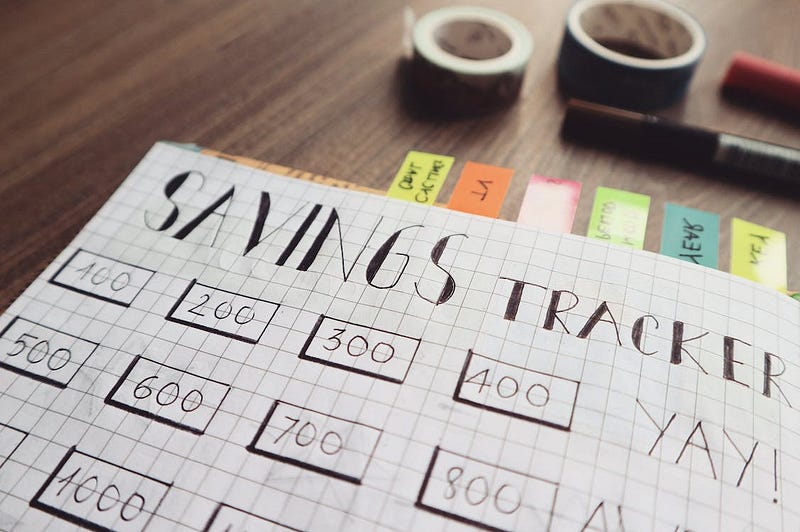
Takeaways:
- Almost everyone falls into the impulse buying trap, spending an average of $25 weekly, which quickly adds up.
- Impulse buying is unplanned and can quickly escalate into significant unnecessary expenses.
- People impulse buy to alleviate stress, act on their emotions, or keep up with trends.
- Impulse buying can waste your savings, ruin long-term investments, and hamper self-discipline.
- To learn how to stop impulse buying, focus on creating and strictly adhering to a budget.
- Always make a list for shopping and only purchase what’s necessary.
- Give every potential purchase a second thought to avoid buying on a whim.
- Stick to cash and avoid using credit cards to keep track of your spending.
- Always keep your financial goals in mind. That way, you can master how to stop impulse buying!
Share this content :
Copyright © 2023 Munif Ali. All rights reserved.

